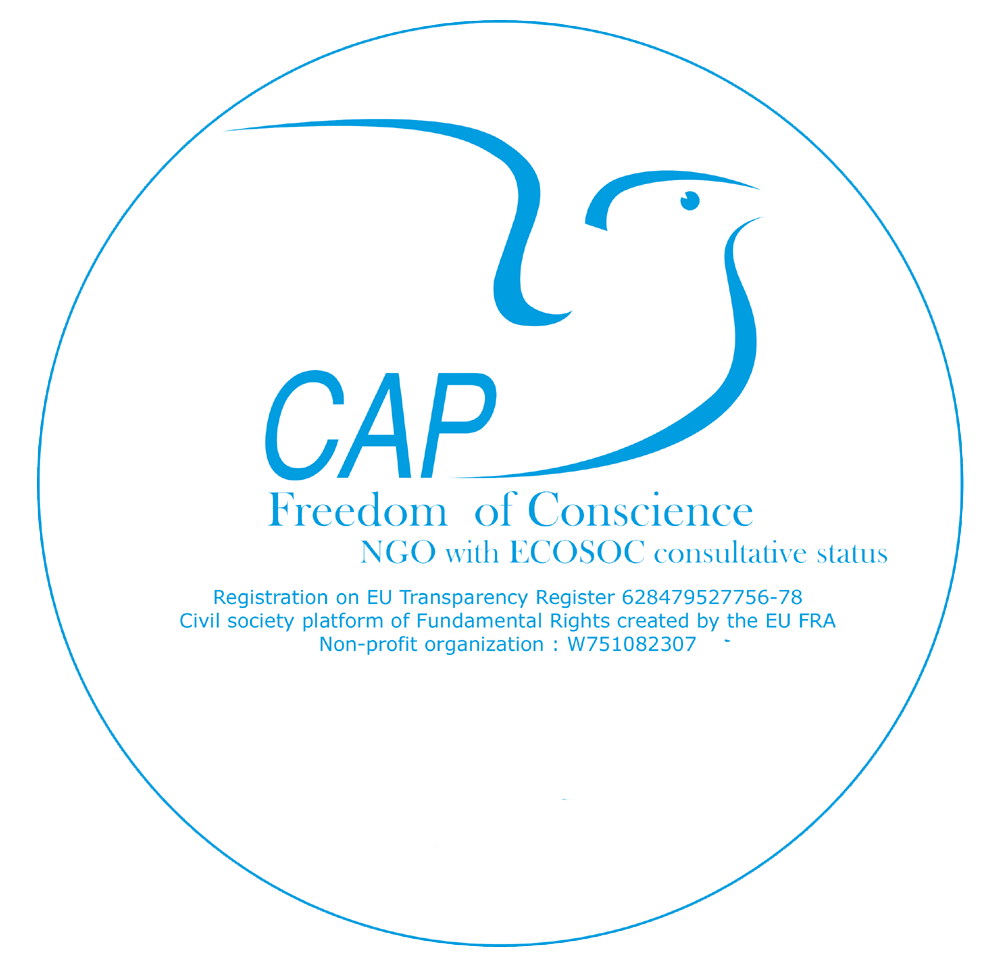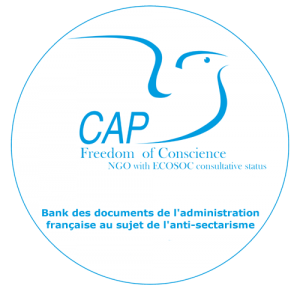CAP Liberté de Conscience November 2024
International Human Rights Committee Exposes Alarming Attack on Ahmadiyya Mosque
Detailed Incident Overview: Systematic Religious Persecution
On November 22, 2024, a horrifying incident of religious persecution unfolded in Kot Karam Bakhsh, Sialkot, revealing the systematic marginalization of the Ahmadiyya Muslim community in Pakistan. According to the International Human Rights Committee (IHRC) incident report, approximately 150 extremists from Tehreek-e-Labbaik Pakistan (TLP), accompanied by local police, launched a coordinated attack on a 70-year-old Ahmadiyya mosque.
Key Incident Details:
- Extremists attacked the mosque and nearby Ahmadi homes
- Police present during the attack remained passive
- Mihrab and minaret, constructed in 1950, were unlawfully demolished
- Doors of the mosque and homes were damaged
- Three motorcycles were destroyed
- Large-scale stone-pelting occurred
Legal Violations and Police Misconduct
In a shocking display of institutional bias, police filed baseless cases against 11 named and 20 unidentified Ahmadi citizens under charges of “fighting and rioting” (Sections 324, 148, 149 of Pakistan Penal Code). This action directly contradicts a Lahore High Court ruling by Justice Tariq Saleem Sheikh on April 10, 2024, which explicitly protected Ahmadi places of worship established before 1984 from demolition or alteration.
UN Human Rights Committee: Formal Concerns and Recommendations
During its 142nd session, the UN Human Rights Committee delivered a comprehensive critique of Pakistan’s religious freedom landscape. The report explicitly highlighted systematic discrimination against religious minorities, with particular emphasis on the Ahmadiyya community. Committee experts documented persistent violations of Articles 18 and 27 of the International Covenant on Civil and Political Rights (ICCPR), which guarantee freedom of religion and protection of minority rights.
The report condemned Pakistan’s legal framework that effectively criminalizes Ahmadi religious practices, including constitutional and penal code provisions that restrict their fundamental rights to worship, assemble, and express their religious identity. Crucially, the committee urged Pakistan to:
- Revise discriminatory legislation
- Ensure full legal protection for religious minorities
- Investigate and prosecute religious-based violence
- Implement robust anti-discrimination measures
International Condemnation and UN Intervention
In July 2024, UN Human Rights experts, including Special Rapporteurs, urgently called for an end to discrimination against Ahmadis in Pakistan. Their report documented systematic violations including:
- Extrajudicial killings
- Arbitrary arrests and detentions
- Attacks on places of worship
- Curtailment of fundamental freedoms
GSP Plus Status at Risk: Diplomatic Tensions Escalate
According to a recent Brecorder report, Pakistan’s treatment of religious minorities and its diplomatic conduct are increasingly jeopardizing its Generalized System of Preferences (GSP) Plus status with the European Union. During a recent diplomatic visit, the EU Special Envoy on Freedom of Religion or Belief was reportedly subjected to dismissive treatment, highlighting systemic resistance to international human rights standards.
The envoy’s observations revealed:
- Persistent discrimination against religious minorities
- Institutional barriers to religious freedom
- Lack of meaningful governmental engagement on human rights issues
These diplomatic tensions could critically impact Pakistan’s GSP Plus renewal in 2027. The European Union has consistently tied trade preferences to human rights performance, and the current trajectory suggests potential suspension or non-renewal of preferential trade status.
Recommendations and International Obligations
The international community must pressure Pakistan to:
- Honor its responsibilities under the ICCPR
- Protect all citizens’ religious freedom
- Bring perpetrators of religious violence to justice
- Align domestic laws with international human rights standards
A Call for Systemic Change
Pakistan must urgently address its systemic discrimination against religious minorities. Implementing the recommendations of the UN Human Rights Committee is not optional but a fundamental obligation to ensure civil liberties and religious freedom for all citizens.
Note to Readers: This report is based on documentation from the International Human Rights Committee and corroborated by multiple international media sources.
https://dissenttoday.net/featured/ahmadi-worship-place-pakistan-extremism/





